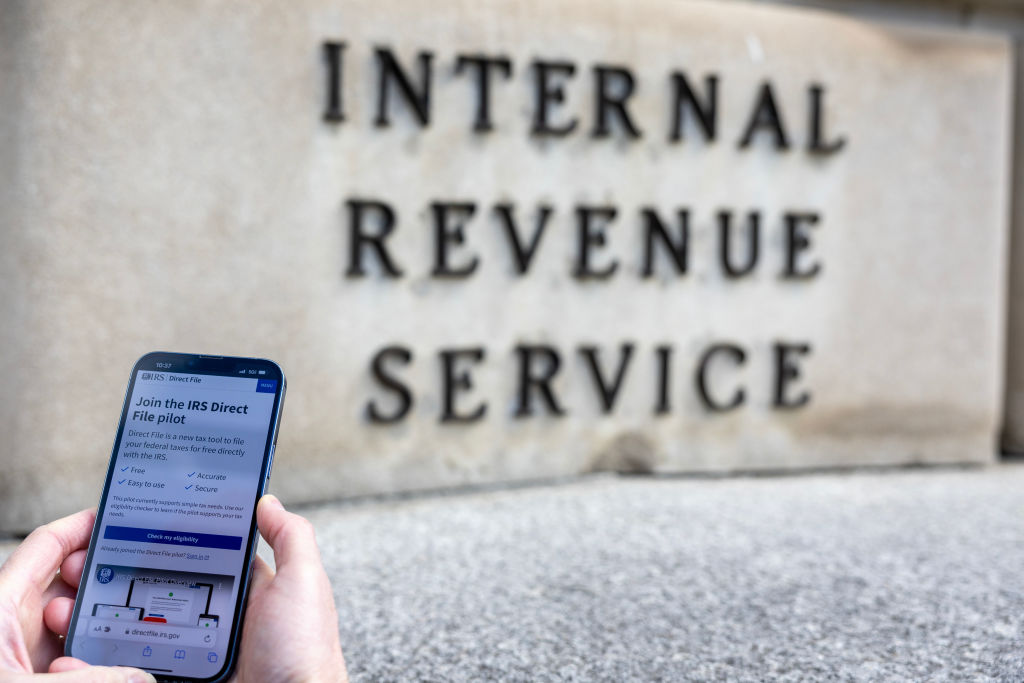Financial Strategies to Navigate Aging's Challenges
Don't let financial worries cloud your golden years! Here are key strategies to manage expenses, invest wisely, and secure a comfortable retirement.
Jul 09, 2024 04:20 PM EDT


How to Stretch Your Savings This July Using 3 Methods
Feeling the summer squeeze? Don't let July drain your savings! Here are some tips for you.

Top Tips for Selling Gift Cards Online for the Best Deals
Millions have unwanted gift cards collecting dust. Don't let yours be one of them! Learn how to sell your gift cards online for cash safely and easily.

Americans Reflect on Financial Independence Strategies This Fourth of July
Forget early retirement! This Fourth of July, many Americans are redefining financial independence. Rising inflation is driving a desire for control over finances, not just quitting work.
Latest News

Duty-Free Deals Shopping: Is It Savings or Spending Trap?
The ins and outs of duty-free shopping: from potential savings on fragrances and alcohol to considerations for electronics and jewelry.
Jul 02, 2024 11:40 AM EDT

Social Security Tax Torpedo Explained: Strategies to Minimize Withholding
Some of retirees' Social Security benefits can become taxable income, potentially pushing them into higher tax brackets (50% to 85% taxed).. Learn how to minimize Social Security taxes in retirement with strategic planning.
Jul 02, 2024 12:01 PM EDT

Practical Guide Unveils Zero-Based Budgeting Method
Take control of your finances and optimize spending with zero-based budgeting.
Jun 27, 2024 03:40 PM EDT

Wealth Divide by Age: Cultural Values Shape Savings Habits Across Generations
Cultural values shape savings habits across generations, leading to a wealth divide by age. How do these differences impact financial stability?
Jun 27, 2024 03:30 PM EDT

The Superior Choices of Gold Bars and Coins in Crisis Situations
In times of economic uncertainty, physical gold stands out as a reliable safe haven. With recent declines in consumer confidence and rising economic concerns, the appeal of physical gold investments has never been clearer.
Jun 27, 2024 02:21 PM EDT

Overwhelmed by Debt? A Guide to Taking Charge of Your Finances
As total household debt in the United States continues to rise, many individuals find themselves grappling with financial burdens that affect their daily lives and long-term financial stability.
Jun 26, 2024 12:10 AM EDT

How a TikTok Ban Could Hurt Your Business
The looming possibility of a TikTok ban in the United States has far-reaching implications, particularly for companies like Oracle, deeply integrated into supporting TikTok's cloud infrastructure.
Jun 26, 2024 12:10 AM EDT

Protect Yourself: E-commerce Best Practices to Avoid Brushing Scams
In today's digital age, receiving an unexpected package on your doorstep might seem like a random occurrence, but it could signal a more insidious scam at play.
Jun 25, 2024 08:59 PM EDT

Median Net Worth by Age: How Close Are You to the Top 1%?
Reaching the top 1% in terms of net worth is a significant marker of financial achievement. According to Financial Samurai, as of 2024, an annual income of $650,000 is the threshold for consistently being in the top 1% across all ages.
Jun 22, 2024 08:00 PM EDT

Can Cash Stuffing Help You Save More?
Cash stuffing has gained popularity among Generation Z, largely due to social media platforms like TikTok. However, the idea itself is far from new.
Jun 22, 2024 07:00 PM EDT

Is There Hope After Collections? Strategies to Conquer Credit Card Debt
The current economic environment, characterized by elevated interest rates and persistent inflation, has left many individuals grappling with mounting credit card debt.
Jun 22, 2024 10:01 AM EDT

Smart Moves for Gold Investors as Market Chills
Investing in gold presents an opportunity to enhance your portfolio's performance. Gold serves as a hedge against market volatility and can diversify your investment holdings, potentially improving overall risk-adjusted returns. However, success in gold investment hinges on making informed decisions.
Jun 21, 2024 10:07 PM EDT












